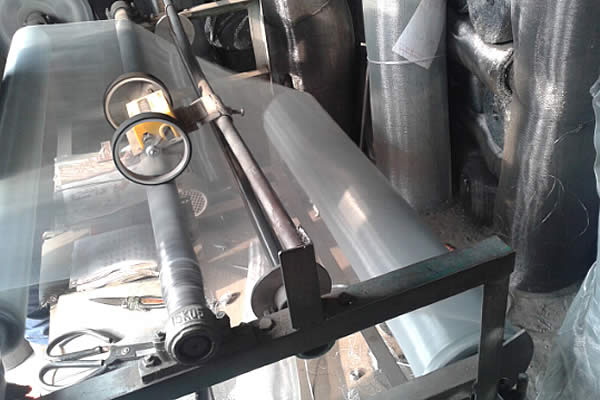 TEL:
+86-13102802206
TEL:
+86-13102802206
 Email:
fencenetting@china.com
Email:
fencenetting@china.com
 Language
Language
 TEL:
+86-13102802206
TEL:
+86-13102802206
 Email:
fencenetting@china.com
Email:
fencenetting@china.com
 Language
Language


The Cost of Gabion Walls An Overview
Gabion walls have gained popularity as a preferred option for both functional and aesthetic landscape designs. Composed of wire mesh containers filled with stones or other materials, these walls serve various purposes, including erosion control, retaining walls, and decorative barriers. As their application has spread, so too has the need to understand the costs associated with gabion walls—referred to here by the term “harga gabion wall,” which translates to “the price of gabion walls.”
What Influences the Cost of Gabion Walls?
The price of gabion walls can vary significantly based on several key factors
1. Material Quality and Type The quality of the wire mesh used to create the gabion cages significantly impacts the overall cost. High-grade steel mesh, often galvanized or coated to prevent corrosion, is more expensive than lower-quality alternatives. Similarly, the type of filler material—whether it's natural stone, recycled materials, or landscape boulders—affects pricing. The most aesthetically pleasing stones will generally command a higher price.
2. Size and Design The dimensions and configuration of the gabion wall also play a crucial role. Larger walls not only require more materials but may also necessitate additional labor for installation. Custom designs that incorporate curves, steps, or integrated gardens will incur higher costs than straightforward, linear structures.
3. Labor Costs Installation labor varies widely depending on the region and the complexity of the project. Hiring experienced contractors familiar with gabion construction can ensure a stable and well-constructed wall, but this expertise often comes at a premium.
4. Site Conditions The geographic location and the conditions of the building site can also influence costs. Difficult terrain or locations with heavy clay soil may require additional excavation or reinforcement, adding to the overall expenditure.
Average Pricing
While prices can fluctuate based on the factors mentioned above, a general cost breakdown for gabion walls might look like this
- Materials On average, the cost of gabion wire mesh ranges from $1 to $3 per square foot, while the stone filler can cost between $30 to $100 per ton, depending on the type of stone selected.

- Labor Labor costs for gabion installation are typically estimated to be between $40 and $80 per hour. Depending on the complexity and size of the project, installation may take several days or even weeks.
Assuming an average-sized gabion wall of 100 square feet, the total cost could range from approximately $800 to $2,500, encompassing both materials and installation. However, major variations can occur; thus, obtaining a precise quote based on specific project requirements is advisable.
Benefits of Gabion Walls
Beyond their cost, gabion walls offer several benefits
- Durability Gabion structures are incredibly durable and can last for decades with proper installation and maintenance.
- Erosion Control Their permeable nature promotes drainage, making them ideal for controlling soil erosion in sloped areas.
- Environmental Benefits Gabions can also support local flora and fauna by providing habitats and the ability to blend harmoniously into natural landscapes.
- Versatility Gabion walls can be used in various settings, including gardens, commercial landscapes, and civil engineering projects.
Conclusion
Understanding the costs associated with gabion walls, or harga gabion wall, is essential for homeowners, landscapers, and contractors alike. By considering all influencing factors—materials, labor, size, and site conditions—individuals can make informed decisions that align with their budget and project goals. Ultimately, the investment in gabion walls can yield significant environmental and aesthetic benefits, making them a worthwhile consideration in contemporary landscaping and construction projects.